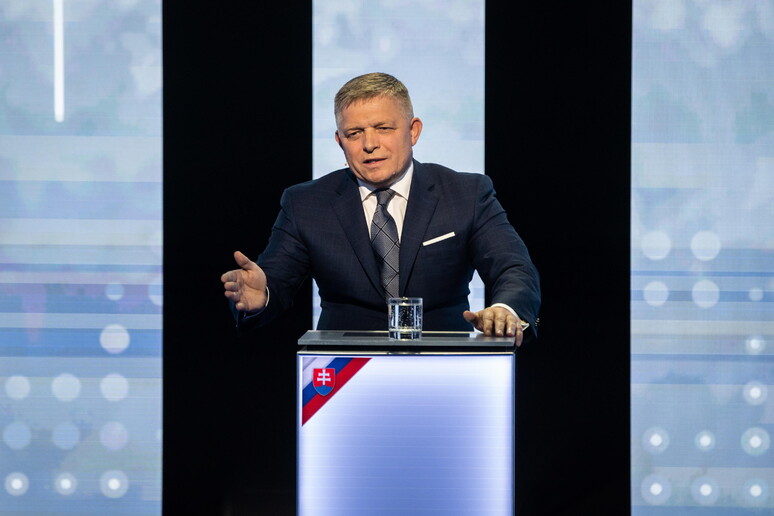During the election campaign in
Slovakia, social media were allegedly flooded with videos and
recordings generated by artificial intelligence (AI) in order to
spread disinformation. The technique used is that of deepfakes,
synthetic photos or videos created starting from real content
through automatic learning algorithms trained on large
quantities of data.
The most blatant case concerned the diffusion of an audio file
in which the opposition candidate, progressive MEP Michal
Simecka, is heard talking to a journalist, Monika Tódová, about
the votes of the Roma minority which her party, Progressive
Slovakia, allegedly bought. A "colossal, evident piece of
nonsense," Simecka said on X, accusing his opponents of creating
"another fake video with an artificial intelligence voice".
"At the moment there are no instruments able to detect with
absolute certainty content created by AI", but "the recording
contains several anomalies and the voices contained in it are
not natural", writes the AFP fact-checking team that
investigated the affair. The thesis was confirmed by several
experts interviewed by the French news agency, as well as by the
Demagog organization, Meta's fact-checking partner. The audio,
according to the tests carried out by AFP, has racked up several
thousand shares on Facebook, Telegram and TikTok.
"The episode is not an isolated one. Already on the eve of the
vote, the Slovakian police had warned against the diffusion of
"videos and audio recordings of disinformation", created by
using AI, and had issued an appeal to citizens to be "alert" and
not allow themselves to be "exploited by interest groups that
want to reach their objectives via lies".
The Vice President of the European Commission, Vera Jourová,
also issued an alert in the last few days describing Slovakia as
"fertile terrain" for Russian propaganda, maintaining that the
vote would be a test of the vulnerability of democratic systems
to the "several-million-euro weapon of mass manipulation" in the
hands of the Kremlin.
photo: Election winner Robert Fico
ALL RIGHTS RESERVED © Copyright ANSA











